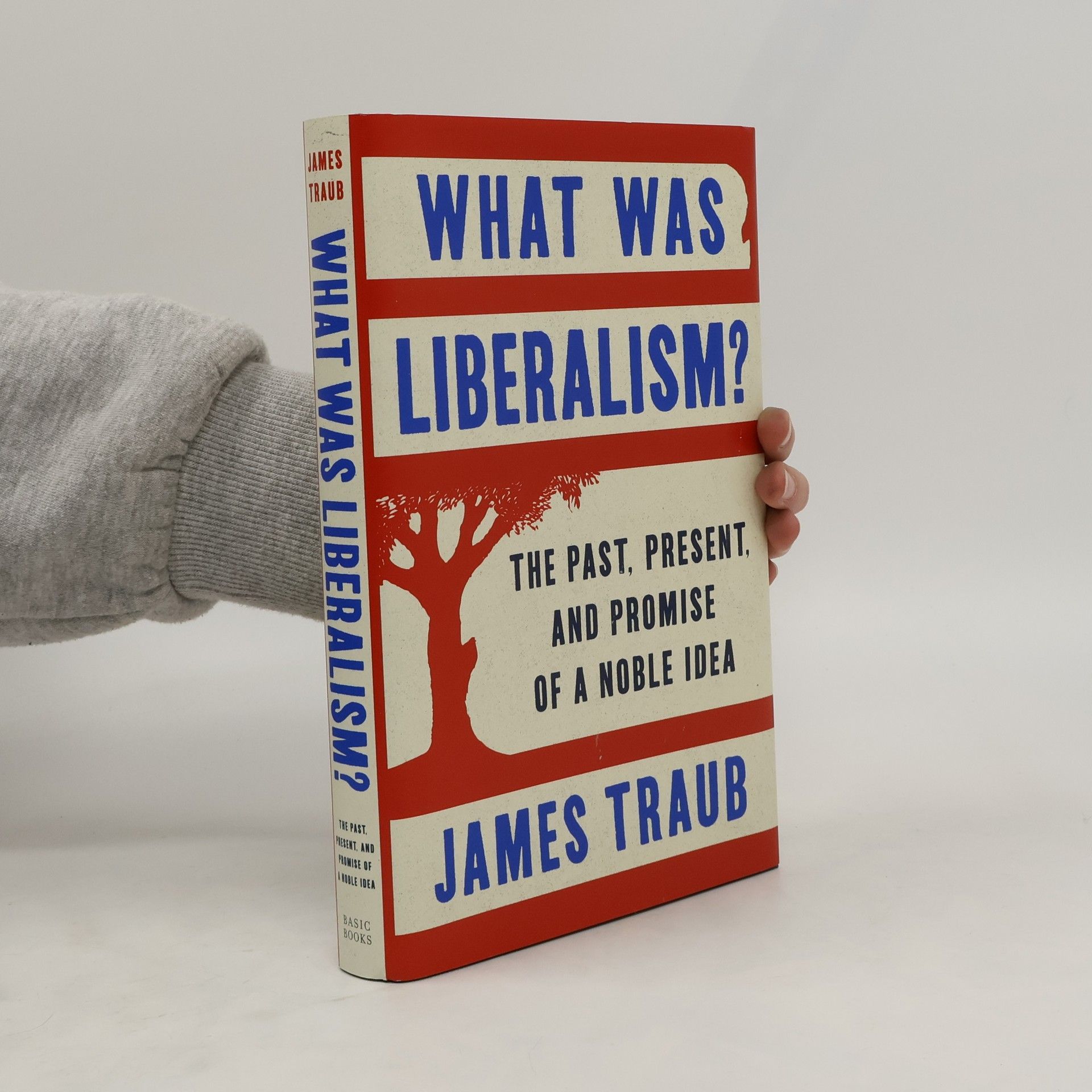Judah Benjamin
- 200 pages
- 7 hours of reading
A moral examination of one of the first Jewish senators, confidante to Jefferson Davis, and champion of the cause of slavery





A moral examination of one of the first Jewish senators, confidante to Jefferson Davis, and champion of the cause of slavery
Donald Trump je první americký prezident, který se s nepokrytým pohrdáním vysmívá liberálním hodnotám. A není jediný: vyznavači neliberalismu stojí také v čele Itálie, Maďarska, Polska či Turecka. Co se vlastně stalo? Proč liberalismus ztratil podporu, jíž se kdysi těšil? James Traub se ve své knize s těmito otázkami vyrovnává návratem k počátkům liberalismu v období po americké a Francouzské revoluci a v dílech myslitelů, jako byli John Stuart Mill či Isaiah Berlin. První liberálové se k vládě většiny stavěli s hlubokou skepsí, avšak poté se liberalismus přizpůsobil a pojal do sebe nejenom víru v práva jednotlivce a svodobný trh, ale také víru v základní intervenci státu pro zajištění obecného prospěchu. Liberalismus se záhy stal krédem nejmocnější země na světě. Avšak tento konsenzus se přerušil a dnes je liberalismus považován za zastaralou doktrínu. Traubova kniha představuje současné dění na pozadí dřívějších událostí a ukazuje cestu vpřed.
In the era of Trump and Marine le Pen, liberalism faces significant challenges. There is a growing fear that liberal values, once taken for granted, are now at risk from both authoritarian regimes abroad and a waning faith within liberal societies. This raises critical questions: What led to liberalism's decline in majority support? What makes it valuable? Award-winning journalist James Traub addresses these issues by tracing liberalism's history, from the American and French revolutions to the writings of John Stuart Mill and early twentieth-century American progressives. He examines liberalism's midcentury triumph in the West, its current vulnerabilities, and its uncertain future. Traub illustrates that liberalism began with a focus on individual liberty but evolved to balance freedom with justice and equality, opposing both economic exploitation and totalitarianism. This evolution also transformed the relationship between liberalism and democracy; while many nineteenth-century liberals were concerned about democracy's illiberal tendencies, by the mid-twentieth century, liberalism became a shared belief among a broad spectrum of Americans and Europeans. However, even as the liberal West triumphed post-Cold War, its foundations weakened under the pressures of economic inequality and complex issues of race and immigration, leading to a resurgence of liberalism's challenges in recent decades.
Following the invasion of Iraq, critics, and supporters of Kofi Annan, began asking whether failures of UN arise from a clash with a US administration? This book delves into these questions and describes the Oil-for-Food scandal, the failed attempt to act decisively against ethnic cleansing in Sudan, and his sweeping reforms.